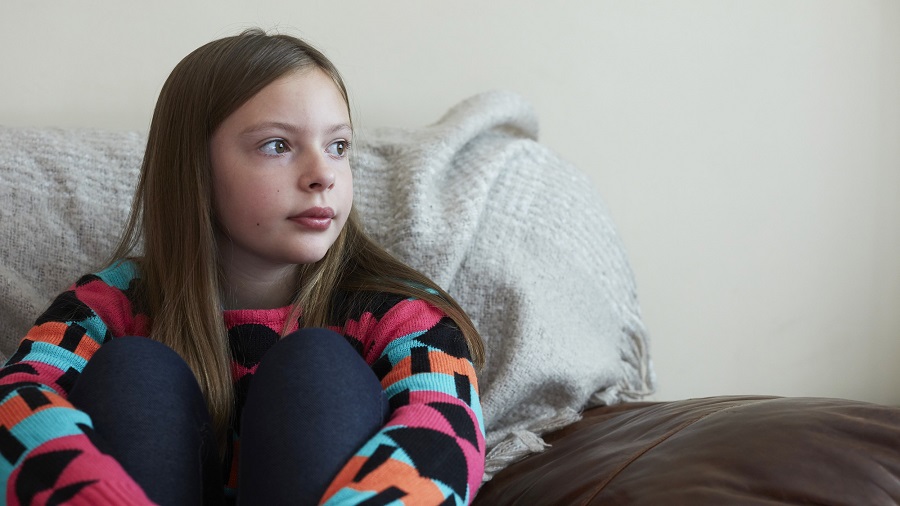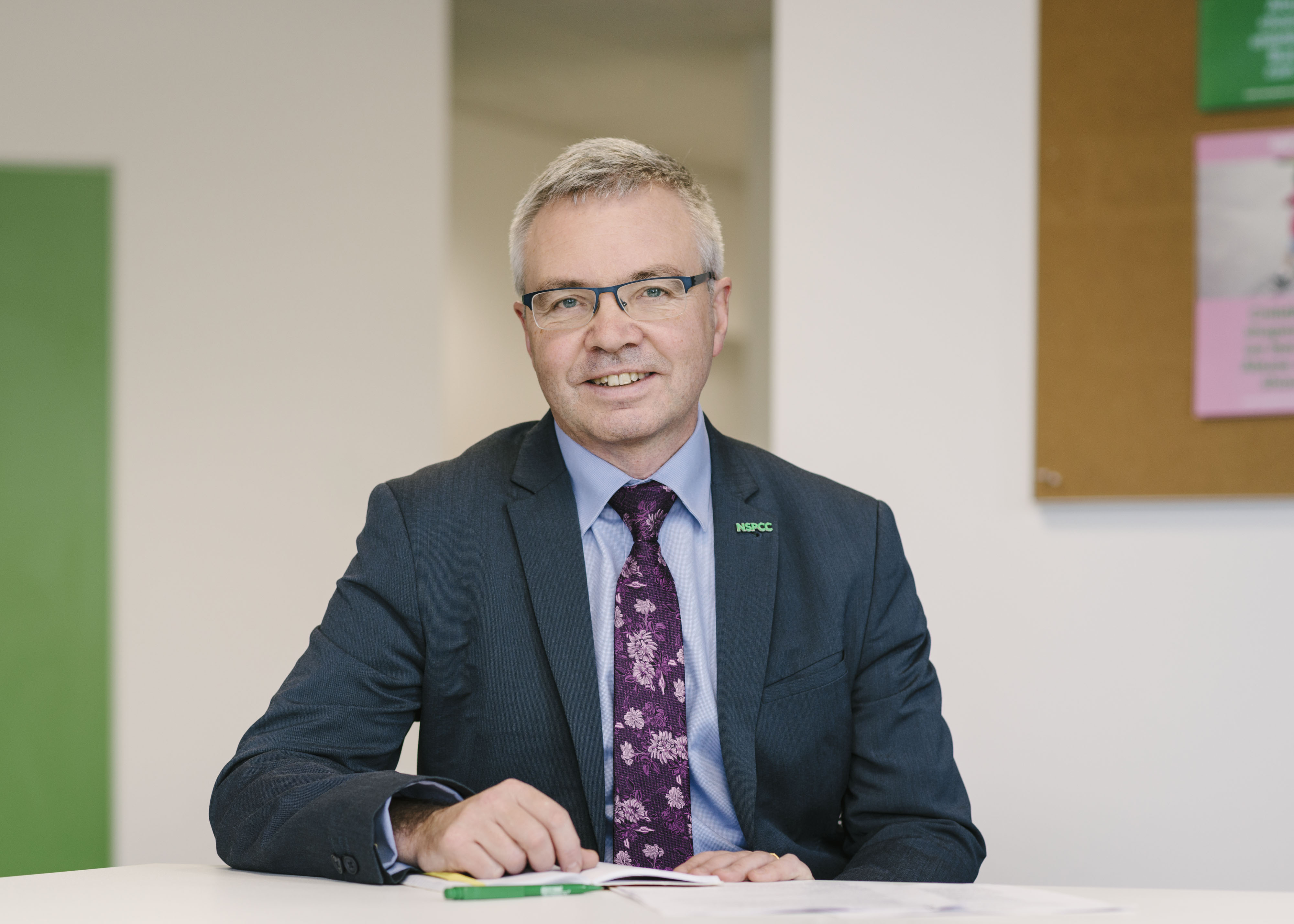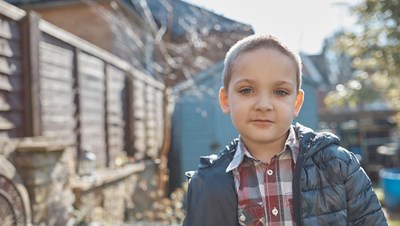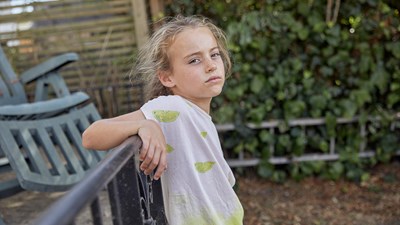During the first three months of lockdown, police recorded 5,478 child cruelty and neglect offences. With figures rising over the past three years, we’re highlighting the risk that children may face this Christmas, and asking everyone to play their part in keeping young people safe.

Our analysis of police data has revealed that there were 23,529 recorded offences over the 12-month period between 2019 and 2020. 1.
Although there are significant variations between different regions and nations, we are concerned about this increase in child cruelty and neglect and its overall rise of 53% during the past three years.
We have also examined the impact of lockdown on children and families. Our frontline teams became concerned that increased vulnerability, the challenges of safeguarding remotely and wider pressures on families may have increased the risks of abuse and neglect. During the spring lockdown, an average of 50 children a day turned to Childline after suffering abuse, with counselling sessions about this issue increasing by 22% compared with pre-lockdown levels. 2.
In the first three months of the spring lockdown, 5,476 child cruelty and neglect offences were recorded by police from 1 April to the 30 June this year. But even that is not the full picture of what children may have experienced during those months, say the police. Not every police-recorded offence leads to a prosecution or child protection outcome, each represents a significant concern raised to the police about a child. 3
To raise awareness of child neglect and abuse this Christmas, a number of iconic UK landmarks including Battersea Power Station will turn green from 7 December, supporting the NSPCC’s Here for Children Christmas Appeal. The charity has also launched a new TV appeal which depicts some of the situations Childline expect to deal with this Christmas.
As part of its new appeal, the charity is calling on the public to donate £20 so we can still be here for children during the holidays. We are also urging the government to ensure that a comprehensive recovery plan is put in place to see that children get the help they need in the short and long term. This would include investment in support for victims before, during and after the criminal justice process.




